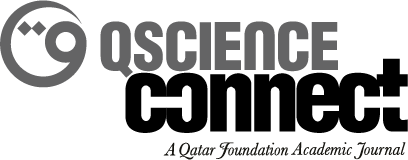-
oa Instigating social change: Translating feminism in the Arab world and India
- Source: QScience Connect, Volume 2016, Issue 1-Special Issue on Translating the Gulf: Beyond Fault Lines, Feb 2016, 2
-
- 09 July 2015
- 15 December 2015
- 20 February 2016
Abstract
The most common accusation levelled at those working in gender studies in the Arab world is tied to the fact that they are commonly viewed as dealing with a “Western” concept; corrupting the cultural and traditional value system of the Arabo-Islamic heritage of the region. Linguistic resistance to this field is an obvious impediment to its progression, with a range of dissatisfactory and often conflicted terminology meant to distance the language from the very concept of feminism: Nassawiyar Unthawiya, both alien-sounding and cumbersome. Engaging in the act of translation in a linguistic and cultural vacuum means that the translator becomes an active agent in developing and shaping concepts associated with Feminism, while simultaneously conveying the social and moral values that are associated with the quest for female empowerment in the West. This same burden of shaping concepts and creating them while actively engaging in the act of translation was faced by Indian translators of feminism and those working in the field of gender studies beforehand. This paper will attempt to look at the experience of the importance of translation in the field of gender studies in the developing world and the similar hurdles and triumphs that were experienced by those working in the field in India and in the Arab Middle East.


